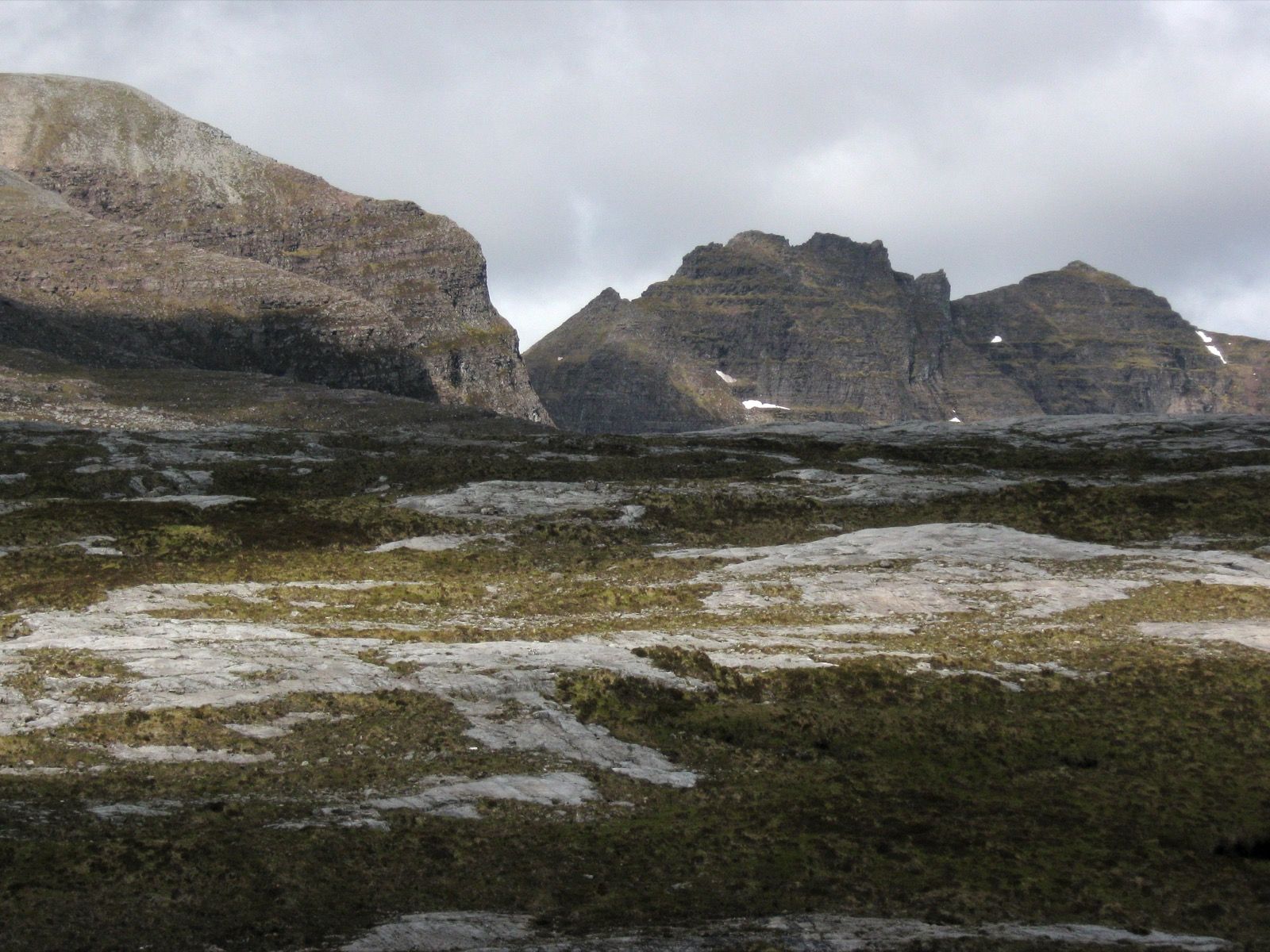Do wind farms really have no effect on tourism?

This morning, I read an article in The Guardian with a puzzling headline: Scottish windfarms have ‘no effect’ on tourism, report finds. Here’s why I think this is nonsense.
For those who love the Scottish hills, the subject of wind farms on wild land is an emotive one. As a species, we have to eliminate our usage of fossil fuels as soon as possible, and renewables are quite obviously the way forward, but at what cost? Many wind farms have been built on areas of upland, destroying their wild qualities utterly and further eroding the already severely depleted ecosystem in the Scottish highlands. Groups who defend wild land in Scotland are fighting an increasingly desperate rear-guard action against the encroachment of monster wind farms1.
So this is not a great time to read a report in The Guardian – a publication often sympathetic to conservation issues – which begins with this quote:
“Repels tourists” can now be added to the long list of criticism levelled at onshore windfarms that has been shown to be unfounded.
The article references a report by consultancy BiGGAR Economics which concludes that there is no evidence to suggest that wind farms have an adverse effect on tourism in an area. My main issue with this report is that it appears to only examine the growth of tourism-related employment, which I’d argue is only loosely connected with potential impacts of wind farms on an area. It’s a much bigger picture than that and there are more important things at stake.
For example, I know a number of backpackers who are making fewer visits to the Highlands due to the encroachment of wind farms. They now prefer to find wilder areas abroad because vast areas of the Highlands no longer feel wild. This is clearly just an anecdotal data point, but the principle is valid: destroy Scotland’s wild qualities and you arguably destroy the very thing that draws tourists to the area.
The MCofS’s response
Within hours of the article’s publication, the Mountaineering Council of Scotland had issued a response. The MCofS has criticised the original report, calling it ‘irrelevant to the debate over constructing wind farms in mountain areas and wild land.’
Among further criticisms of the report, Dr Gordon highlighted a basic error in the design of the study. He said: “If you are going to test for any effect from wind farm construction, you need a baseline where there are no wind farms to allow a proper comparison. In at least five of the locations in the study there were operational wind farms already there, and in two more cases there were wind farms under construction. That really is a fatal flaw. You can’t have a valid before and after study without a proper baseline.”
Dr Gordon concluded: “The study did not show, as claimed, that “Scottish wind farms have ‘no effect’ on tourism jobs”. The best that could be claimed would be that Scottish wind farms in areas where the tourism market is less sensitive to landscape have no aggregate effect on tourism jobs. And in view of the other flaws in the study, even that cannot be said with any conviction.”
Aside from these points, which I completely agree with, I’ll add that the original report makes the mistake of reducing everything to an economic argument. This might be the only thing that politicians can understand, but when talking about the environment (and this is an environmental issue) I think it’s dangerous to frame it purely in terms of economic benefit and economic risk. The environment is far more important than the economy.
Wind farms on wild land are not the answer
We’re treading a very delicate line at the moment. Energy requirements are increasing all the time, the climate crisis is really starting to bite, and urgent action is required right now to avoid a headlong collapse of civilisation and the biosphere. I wish that were hyperbole; it isn’t. But in our desperate rush to control the damage done by generations of growth-hungry humans, the collateral damage is sometimes so terrible that mistakes now could take centuries to repair. Spoil wild land by building a wind farm on it and further developments are more likely. Over time, the precious resource of Scottish wild land dwindles, and the ecosystem of the British Isles is further degraded.
There is a high risk that, not so very long from now, there will be no wild land left in Britain at all – and when that comes to pass reduced tourism will be the least of our worries. Now is the time when we have to act carefully to avoid that future. It’s more important than it has ever been.
- In late July 2016, the John Muir Trust announced that it would end legal action against the Stronelairg wind farm proposal: https://www.johnmuirtrust.org/about/resources/269-stronelairg-wind-farm ↩
Alex Roddie Newsletter
Subscribe here to receive my occasional personal newsletter in your inbox. (For the fun stuff, please consider subscribing to Alpenglow Journal instead!)



